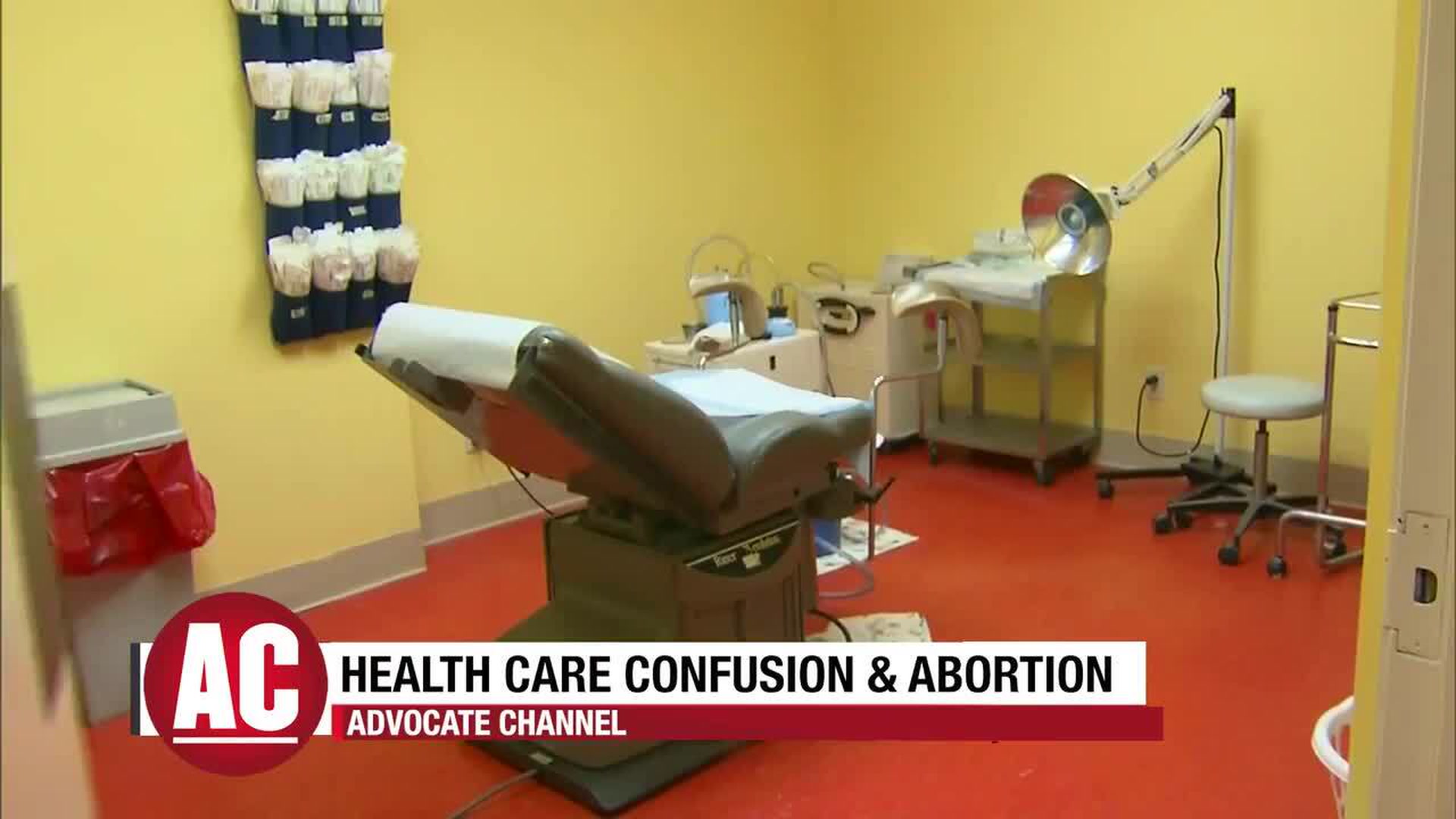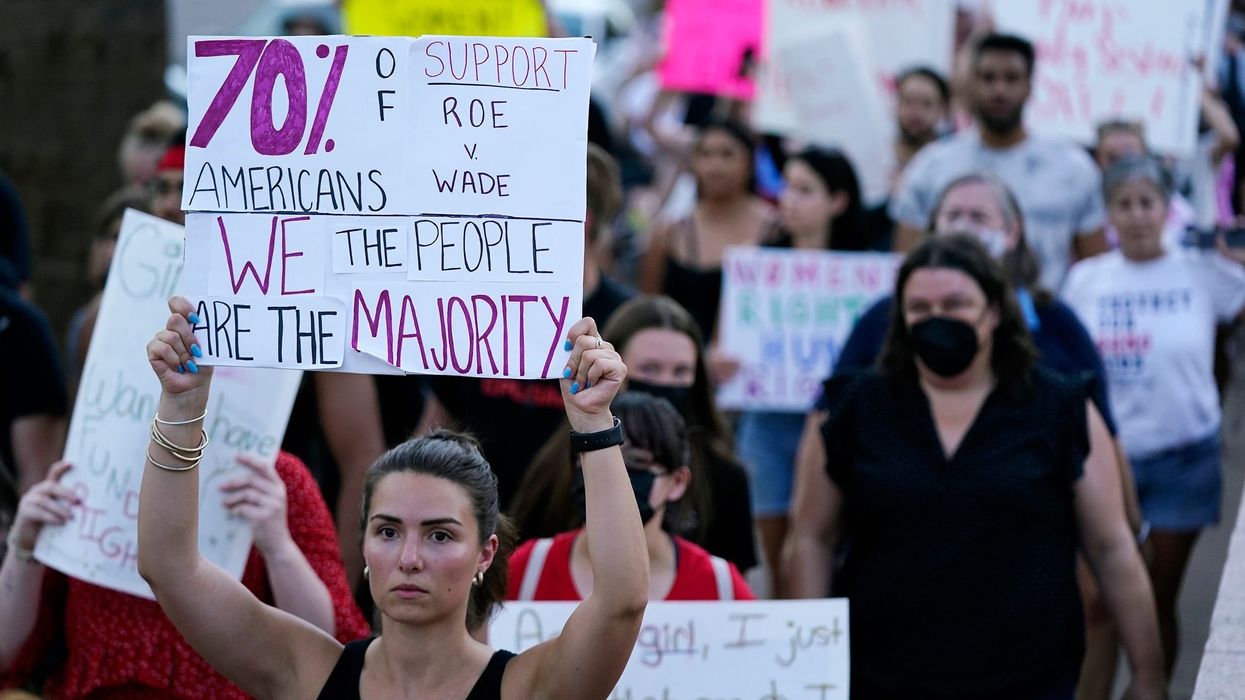(CNN) — Before the US Supreme Court overturned Roe v. Wade last year, Arizona lawmakers outlawed nearly all abortionsafter 15 weeks.
By taking away the federal right to an abortion, however, the nation’s highest court enabled Arizona’s attorney general to also enforce a 1901 abortion ban that was on the books more than a decade before the territory officially became a state .
That law, which can be traced back to as early as 1864, barred the procedure in all cases except when “it is necessary to save” a mother’s life, and carried a prison sentence of two to five years for abortion providers.
When Republican Gov. Doug Ducey signed the 15-week abortion ban in March 2022, he said the new legislation would not override the 1901 law.
On Tuesday, the state Supreme Court was asked for clarity following months of uncertainty and legal wrangling over whether the pre-statehood, near-total abortion ban should apply.
The case not only gets at the heart of how restrictive abortion law should be in Arizona, but also reflects a heated debate nationwide in the wake of the Roe v. Wade decision –- happening in other state Supreme Court cases this week on abortion access in Wyoming and New Mexico.
Arizona’s Supreme Court heard arguments Tuesday from abortion rights opponents who claim the state should revert to the 1901 ban, and advocates, who asked the court to affirm the 2022 law allowing abortions up to 15 weeks.
The state’s top court will now decide which law applies in Arizona.
‘The law must be clear’
The case, Planned Parenthood Arizona v. Mayes, was brought in Pima County by Alliance Defending Freedom, a conservative law firm representing Dr. Eric Hazelrigg, a physician who opposes abortion rights, as well as Arizona Senate President Warren Petersen and Speaker of the House Ben Toma.
“For over 100 years Arizona has fully protected life from the moment of conception. Roe temporarily stopped that protection, but the legislature never gave up. We asked this court to reverse and fully remove the injunction below,” Jake Warner, an attorney for Alliance Defending Freedom, told the judges, referring to a court injunction that barred enforcement of the pre-statehood law after the Roe decision in 1973.
Late last year, the Arizona Court of Appeals ruled both abortion laws in the state must be reconciled, or “harmonized,” and that abortion is legal through 15 weeks when provided by licensed physicians in compliance with the state’s other laws and regulations.
Arizona’s six justices, all appointed by Republican governors, at times grappled with how each law would treat punishment to doctors and other care providers who assist abortions that occur after 15 weeks and did not meet certain exceptions, such as the life of the mother and the medical need for it to be performed immediately.
“In Arizona, the law must be clear. Here, as we just mentioned, there are conflicts when we are attempting to criminalize in one law that which is permitted in another,” Samuel Brown, of the Pima County Attorney’s Office, told the justices.
“Doctors and the people of Arizona need to be clear on what is illegal, what is legal,” added Brown, whose office is named in the case and takes the position that people in the state have the right to make their own reproductive health choices.
Andy Gaona, who represents Planned Parenthood of Arizona in the case, told the judges the case is about access to safe abortions.
“Abortion is health care. And I’m not sure that anyone has ever said those words in this courtroom before, so they bear repeating – abortion is health care. And what that means is that this court’s decision will have a profound impact on the ability of pregnant Arizonans to access that health care.”
In rebuttal, Warner said the pre-statehood law’s existing protections suffice, noting “the application of law protects the mother while respecting the state’s growing interest in protecting unborn children as they near viability.”
Chief Justice Robert M. Brutinel adjourned the proceedings Tuesday, stating the court would issue an opinion in “due course.”
Here are two other state court cases on abortion access to watch this week:
Wyoming
In March, a district judge temporarily blocked a ban that would prohibit abortion in most circumstances a few days after the ban took effect.
Wyoming was also the first state to pass legislation explicitly banning access to abortion pills, though the same district judge temporarily blocked that ban in June, days before it was supposed to take effect.
That judge is to decide Thursday whether to issue a ruling or send the case to trial to resolve the issue of whether the abortion and medication bans violate Wyoming’s constitution.
Separately, the state Supreme Court, whose five members were all appointed by Republican governors, heard arguments Tuesday on whether to let two state lawmakers, the secretary of state and Right to Life of Wyoming intervene in the case involving the abortion ban to “provide expert evidence and testimony to show the harms to women and unborn children from abortion itself, which would rebut the claim that elective abortion should be considered health care,” according to a court filing.
The parties seeking to intervene want to be allowed to offer evidence countering the plaintiffs’ legal argument that the abortion law “is vague, that abortion on demand is a fundamental right in Wyoming, that abortion should be considered health care,” and that the law violates religious freedom and equal protection, according to their motion.
New Mexico
The state Supreme Court will hear arguments this week over whether localities can ban abortion while the state protects it. Abortion is legal in New Mexico.
Raúl Torrez, the state’s Democratic attorney general, in January challenged the bans at the local and state levels, saying they violate state constitutional protections including discrimination based on sex and pregnancy status.
In March, Democratic Gov. Michelle Lujan Grisham signed into law a bill prohibiting local municipalities and other public bodies from interfering with a person’s ability to access reproductive or gender-affirming health care services.
The law followed ordinances that several municipalities in the state had passed related to abortion care access after the Supreme Court overturned Roe v. Wade.
Written by Cindy Von Quednow and Virginia Langmaid
The-CNN-Wire
™ & © 2023 Cable News Network, Inc., a Warner Bros. Discovery Company. All rights reserved.
Abortion laws create confusion

Video Source: Advocate Channel

















































